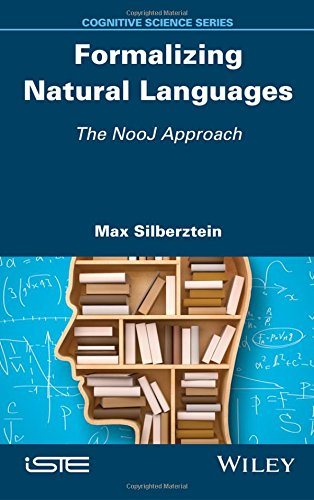

Most ebook files are in PDF format, so you can easily read them using various software such as Foxit Reader or directly on the Google Chrome browser.
Some ebook files are released by publishers in other formats such as .awz, .mobi, .epub, .fb2, etc. You may need to install specific software to read these formats on mobile/PC, such as Calibre.
Please read the tutorial at this link: https://ebookbell.com/faq
We offer FREE conversion to the popular formats you request; however, this may take some time. Therefore, right after payment, please email us, and we will try to provide the service as quickly as possible.
For some exceptional file formats or broken links (if any), please refrain from opening any disputes. Instead, email us first, and we will try to assist within a maximum of 6 hours.
EbookBell Team

0.0
0 reviewsThis book is at the very heart of linguistics. It provides the theoretical and methodological framework needed to create a successful linguistic project.
Potential applications of descriptive linguistics include spell-checkers, intelligent search engines, information extractors and annotators, automatic summary producers, automatic translators, and more. These applications have considerable economic potential, and it is therefore important for linguists to make use of these technologies and to be able to contribute to them.
The author provides linguists with tools to help them formalize natural languages and aid in the building of software able to automatically process texts written in natural language (Natural Language Processing, or NLP).
Computers are a vital tool for this, as characterizing a phenomenon using mathematical rules leads to its formalization. NooJ – a linguistic development environment software developed by the author – is described and practically applied to examples of NLP.